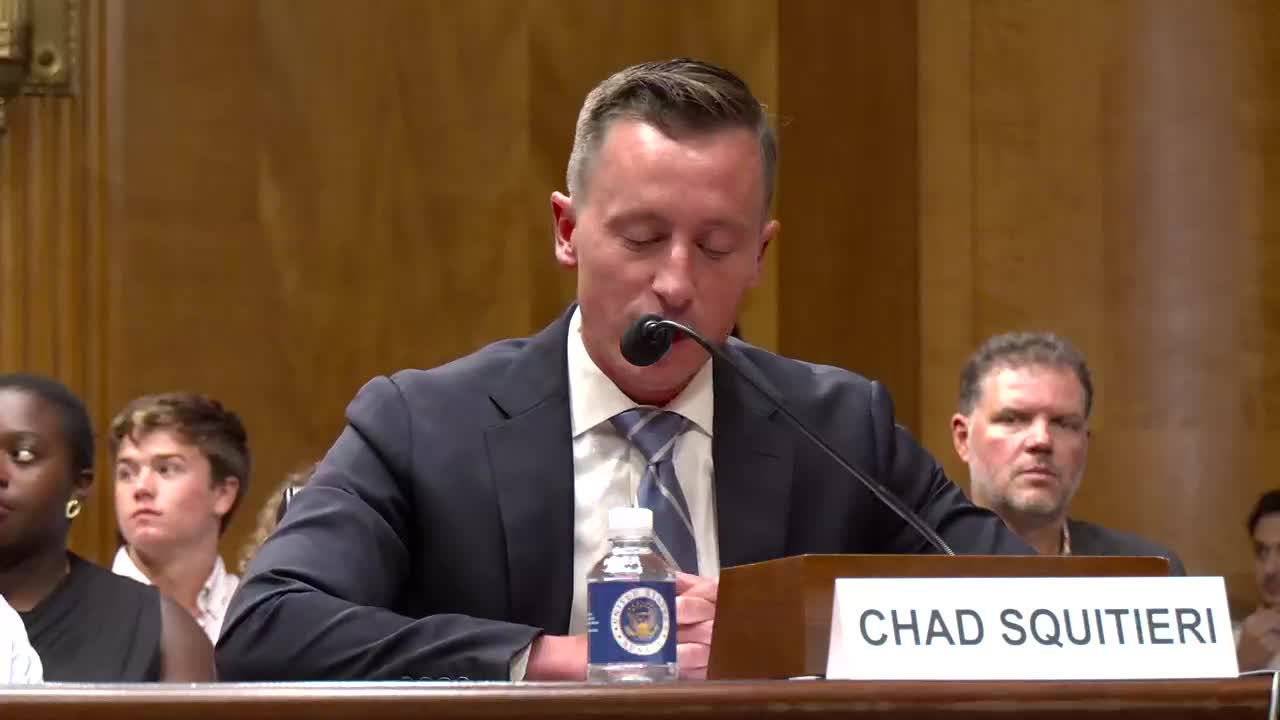Congress urged to limit agency deference following Loperbright decision
July 30, 2025 | Homeland Security and Governmental Affairs: Senate Committee, Standing Committees - House & Senate, Congressional Hearings Compilation
This article was created by AI summarizing key points discussed. AI makes mistakes, so for full details and context, please refer to the video of the full meeting. Please report any errors so we can fix them. Report an error »

In a pivotal discussion during the U.S. Senate Committee on Homeland Security and Governmental Affairs meeting on July 30, 2025, lawmakers explored the implications of the recent Loper Bright decision on administrative law. This ruling has initiated a significant shift in how courts interpret agency decisions, particularly favoring private citizens over federal agencies in legal disputes.
The Loper Bright decision has been recognized for addressing the longstanding Chevron doctrine, which often led courts to favor federal agencies in statutory interpretations. This created an imbalance, where private citizens felt disadvantaged in legal proceedings against government entities. The committee emphasized that while Loper Bright marked a crucial step towards leveling the playing field, it only scratched the surface of broader issues within administrative law.
Senators discussed the need for Congress to build on the momentum generated by Loper Bright. They proposed three key changes to enhance judicial review of agency decisions. First, lawmakers suggested clarifying that courts should not defer to agency conclusions of law when interpreting regulatory terms, similar to the existing standards for statutory terms established by Loper Bright. Currently, courts are required to give deference to agency interpretations under the Kaiser precedent, which has faced scrutiny in light of the recent ruling.
The committee's discussions highlighted the importance of ensuring that judicial reviews are fair and equitable, particularly in cases involving regulatory interpretations. By addressing these issues, Congress aims to strengthen the legal framework governing agency decisions and protect the rights of private citizens.
As the committee moves forward, the implications of these discussions could reshape the regulatory landscape, ensuring that citizens have a more equitable standing in legal matters involving federal agencies. The next steps will be crucial in determining how effectively Congress can implement these proposed changes and enhance the integrity of administrative law.
The Loper Bright decision has been recognized for addressing the longstanding Chevron doctrine, which often led courts to favor federal agencies in statutory interpretations. This created an imbalance, where private citizens felt disadvantaged in legal proceedings against government entities. The committee emphasized that while Loper Bright marked a crucial step towards leveling the playing field, it only scratched the surface of broader issues within administrative law.
Senators discussed the need for Congress to build on the momentum generated by Loper Bright. They proposed three key changes to enhance judicial review of agency decisions. First, lawmakers suggested clarifying that courts should not defer to agency conclusions of law when interpreting regulatory terms, similar to the existing standards for statutory terms established by Loper Bright. Currently, courts are required to give deference to agency interpretations under the Kaiser precedent, which has faced scrutiny in light of the recent ruling.
The committee's discussions highlighted the importance of ensuring that judicial reviews are fair and equitable, particularly in cases involving regulatory interpretations. By addressing these issues, Congress aims to strengthen the legal framework governing agency decisions and protect the rights of private citizens.
As the committee moves forward, the implications of these discussions could reshape the regulatory landscape, ensuring that citizens have a more equitable standing in legal matters involving federal agencies. The next steps will be crucial in determining how effectively Congress can implement these proposed changes and enhance the integrity of administrative law.
View full meeting
This article is based on a recent meeting—watch the full video and explore the complete transcript for deeper insights into the discussion.
View full meeting